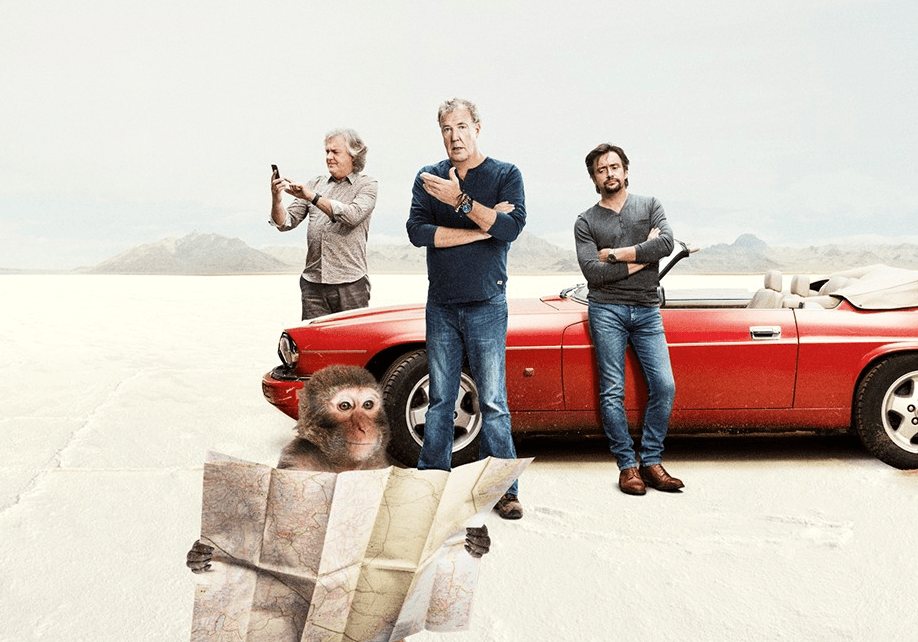
As you all know, public broadcasting’s most important task for capitalism is developing genres and audiences, then delivering them to a less-creative private sector for the purposes of profit. Think football, cricket, and basketball.

As you all know, public broadcasting’s most important task for capitalism is developing genres and audiences, then delivering them to a less-creative private sector for the purposes of profit. Think football, cricket, and basketball.
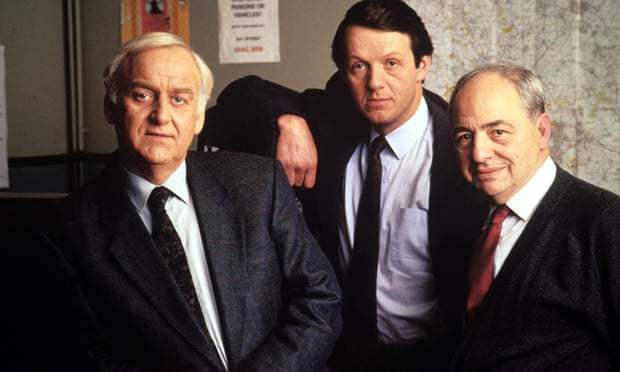
Pithy title, eh? Oh, well; all will be revealed. As part of my sabbatical I have recently re-watched and made extensive notes on every episode of Inspector Morse (ITV, 1987-2000). If I tell you why, I’ll have to take you down the cells. Suffice to say that this activity relates to a future publication.

Ever since Strictly Come Dancing ‘s inception in May 2004, settling into the fall season and the ‘build-up’ to the winter holiday period – at least in my own household – has become synonymous with watching Strictly ‘s Saturday night entertainment, weekly on BBC1.

Sorry if I’m bringing this up, but something is bugging me… I don’t really know where to start with this, because the longer I think about it, the more it appears that all of the elements are interconnected and, in the end, hark back to how we as television scholars see ourselves and the role we’re playing in the bigger picture of academia within the social sphere… So, yes, the big questions.

I have long been interested in writing about performance in television and film and indeed when I turned to adaptations one of the things that interested me was how characters became embodied and took shape, on screen. But generally I tried to analyse performance through the text and look at how the actor moved and gestured, how facial expressions changed, how eyes moved.

The most exciting thing on Australian television at the moment is happening around 5.50pm each night, and then all the bloody time on catch up. Bluey , a kids cartoon based on a family of blue heeler dogs living somewhere in suburban Queensland, is 7 minutes of charm. It’s also very re-watchable – an invaluable quality for a type of television that attracts fanatical audiences who love their ‘repeat’ button.
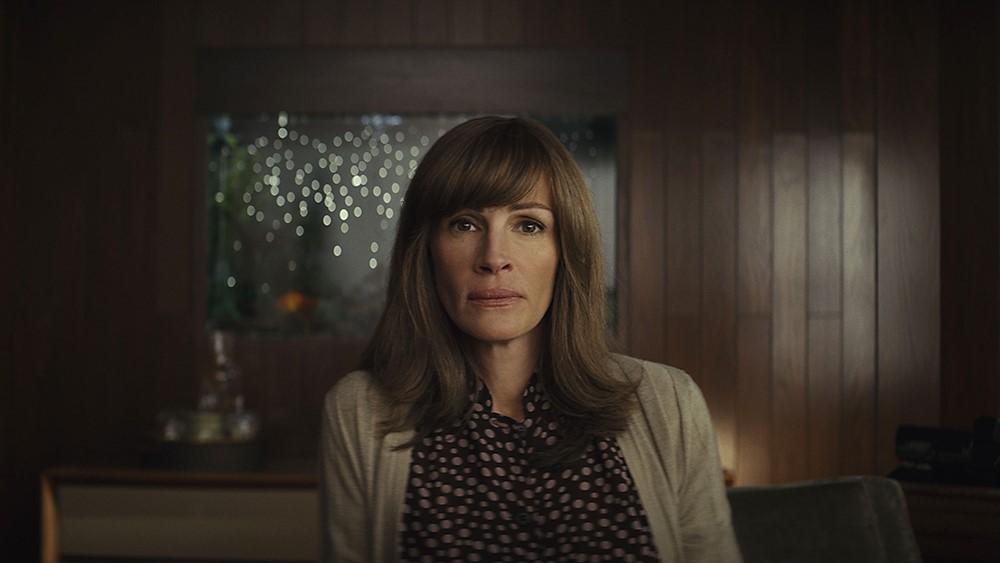
Whether it’s a plot vehicle, as in Quantum Leap, or ticking away in the background, as on 24, or simply something that defines the length of the program and how long we’re watching, time is always of the essence on television. (It even came up in a previous post here on 11.22.63.)
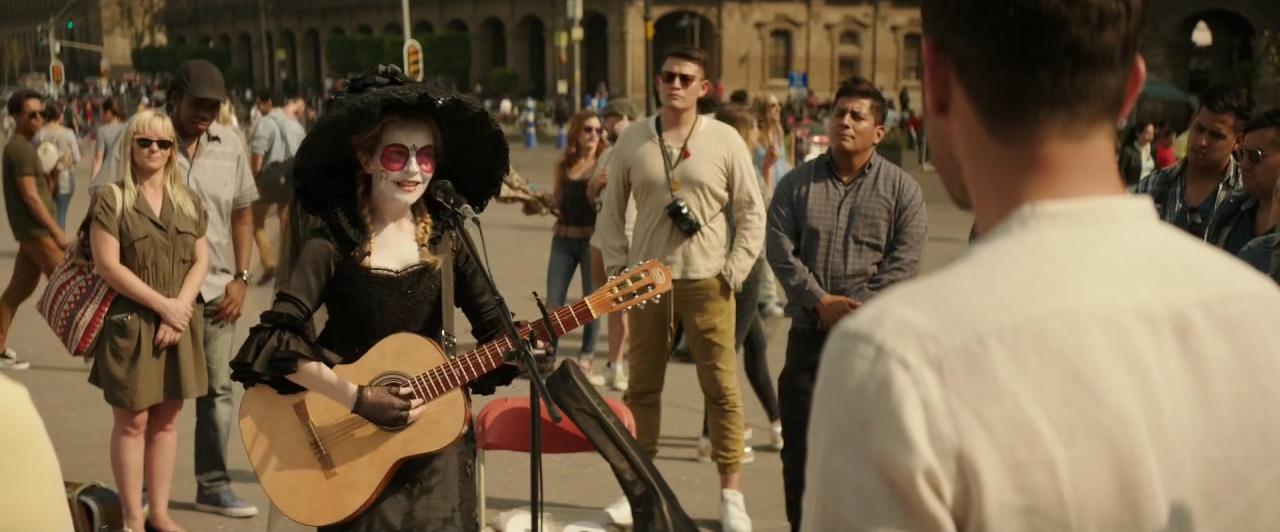
“After the agony in stony places/The shouting and the crying/ Prison and Palace reverberation/of Thunder of spring over distant mountains.” T.S. Eliot, The Wasteland Midway in our journey through Matt Weiner’s The Romanoffs , at the end of Part 1, we found ourselves in Olivia Rogers’ special Romanov Hell.

In his preface to the revised edition of Hitchcock’s Film’s Revisited (2002), the late Robin Wood’s commendably honest mini-autobiography (which only briefly touches upon Hitchcock and his work, focusing more on the context in which Wood wrote about it) concludes with a consideration of the question repeatedly posed by the protagonist of Christopher Nolan’s Memento (2000): “Where are you now?” After relating his then-current
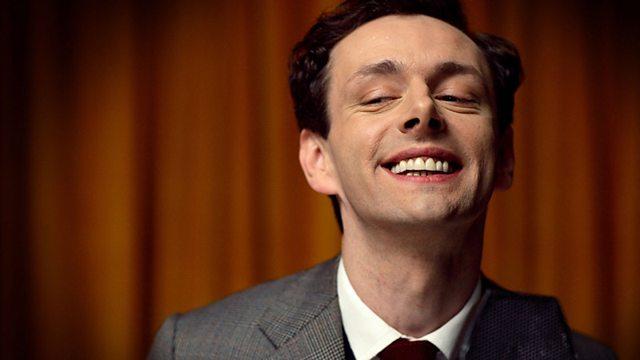
The term “biopic” is rarely used about television programmes, but biographical drama occurs across many kinds of TV output, such as dramatized documentary, one-off TV movies and historical drama. Biopics are fictionalized narratives of (most of) the life of an individual, told primarily in chronological order, about a significant person who made a contribution to present culture or who lived recently enough to be familiar to the audience.